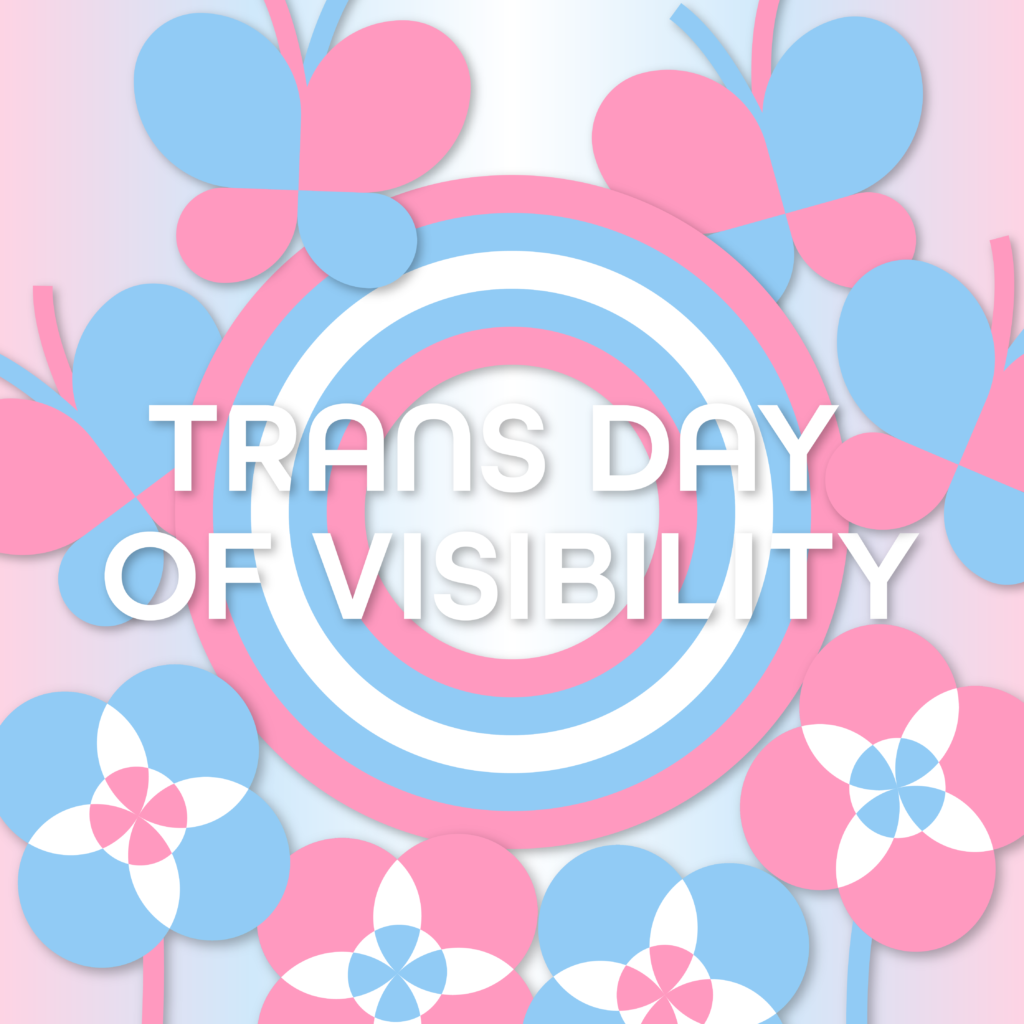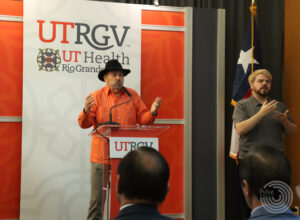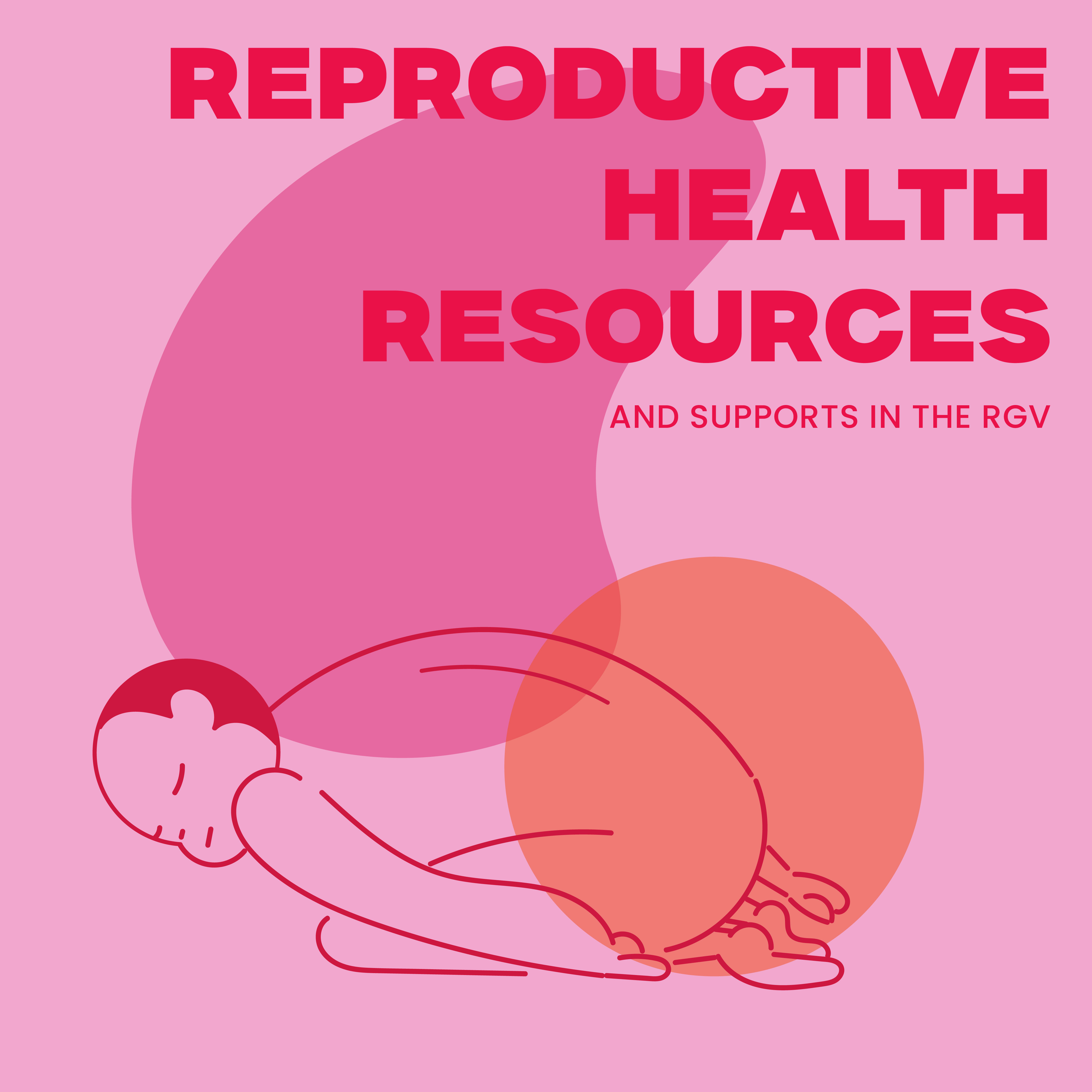Commemorating Transgender Day of Visibility

Graphic by Gonzalo Puente
On March 31, as many people celebrated Easter Sunday nationwide, some also recognized the annual Transgender Day of Visibility. According to the Gay & Lesbian Alliance Against Defamation (GLAAD), the event began in 2010 and was started by activist Rachel Crandall. The day is dedicated to opening the discussion about the successes earned and the hardships faced by transgender people.
Facts abut Transgender Struggles
The National Center for Transgender Equality’s 2024 Early Insights Report, which discussed the results of its 2022 U.S. Transgender Survey sheds some light on the situation. According to the report, over one-third of respondents were currently living in poverty, while almost one-third had experienced homelessness at some point.
The Trevor Project’s 2022 National Survey on LGBTQ Youth Mental Health revealed that for trans and nonbinary youth aged 13 to 24 in 2022, over 75% experienced symptoms of anxiety (compared with nearly 66% of cisgender LGBTQ youth) and almost two-thirds experienced symptoms of depression (compared with almost half of cisgender LGBTQ youth). Additionally, the survey found that of the respondent transgender and nonbinary youth, over half of them considered suicide within the previous year and nearly 1 in 5 attempted.
According to the 2017 Statewide LGBTQ Community Needs Assessment by Texas Pride Impact Funds, 36% of transgender women respondents were unemployed, as well as 19% of transgender men respondents, compared with 4% each for cisgender men and women respondents. Furthermore, as of the survey in 2017, 40% of transgender men and 27% of transgender women experienced workplace discrimination in the prior year.
Anti – Transgender Legislation in Texas
Recent years have been fraught with proposed statewide legislation that targets transgender individuals. Since 2015, the Human Rights Campaign has tracked an increase in anti-LGBTQ bills introduced into state legislatures, with the national total climbing from 115 in 2015 to 500 in 2023.
In the 2023 Texas legislative session, according to the American Civil Liberties Union’s legislative tracker, 55 bills were introduced that directly targeted or would impact the LGBTQ community. Of those, six became law.
The first three—Senate Bill 14, Senate Bill 625 and House Bill 1686—introduced as companion bills and signed into law on June 2, 2023, restrict access to certain types of healthcare for transgender youth. In particular, according to the Equality Texas 2023 Legislative Bill Tracker, it prohibits people under 18 years old from receiving gender-affirming care such as puberty blockers, hormone therapy and transition surgery. It also restricts insurance companies and public funds from paying the cost. Doctors who provide this care to children stand to lose their license.
The ACLU states that S.B. 14 is currently being fought in Loe v. Texas, a lawsuit against the State of Texas, which is currently in the Texas Supreme Court.
On June 17, 2023, Senate Bill 17 was signed into law and abolished Diversity, Equity and Inclusion offices from colleges and universities statewide.
On June 18, 2023, Senate Bill 15 became law. It requires athletes at public colleges and universities to play on the team that matches the biological sex designated on their birth certificate.
Also on June 18, Senate Bill 12 was passed and, according to the Equality Texas 2023 Legislative Bill Tracker, prohibits “sexually oriented” performances from being accessible by people younger than 18, including drag shows. Equality Texas states that punishments for violations include fines up to $10,000 for venues and criminal misdemeanor charges for performers.
According to the ACLU, the bill was ruled unconstitutional and was blocked from becoming law on Sept. 26, 2023, by the U.S. District Court for the Southern District of Texas. The ruling was appealed to the United States Court of Appeals for the Fifth Circuit on Feb. 20, 2024, but S.B. 12 will remain blocked until a final ruling is reached.
Issues and Strengths Within the RGV
Alongside the recent wave of hostile laws from the capitol, the Rio Grande Valley presents its own challenges to its resident LGBTQ community, including a strong traditional culture and fewer resources than the northern parts of Texas.
Alex Gómez, a medical lab science senior and president of the student organization Out In Stem (oSTEM), said the Valley’s reliance on gender roles hinders the progression of social movements toward greater LGBTQ acceptance.
Gómez said these norms may create an attitude of hostility toward people who deviate from them, putting the transgender community at times under attack.
“The minor things will be weird looks but unfortunately, we know it can potentially become more,” Gómez said. “So, I guess just one of the biggest challenges … will be feeling safe.”
Although Gómez said he has not experienced any discrimination, he attributes this to the fact that he only reveals his identity around people he has “come to know and trust.”
He says this selective disclosure is present among others in STEM fields and contributes to the underrepresented nature of the LGBTQ community in STEM.
“And then that same thing–not wanting to disclose–that isolates us and makes it feel like it’s just us, when probably in a single classroom, there’s many of us,” Gómez said.
Insufficient LGBTQ friendly resources are another prominent problem for the trans community in the Valley.
Baldric Rhythm, a social work sophomore, described his experiences with discrimination when receiving medical care.
“I’ve been hospitalized a few times in the Valley and each time I was misgendered pretty bad by the staff,” Rhythm said. “At a couple of the hospitals, the staff actually showed disdain and they didn’t want to treat me. Like, they were just doing it because they had to.”
Additionally, lack of transportation is a large hurdle for the LGBTQ community in the Valley. Rhythm said the distance between Edinburg and McAllen has prevented him from seeking aid from organizations in McAllen.
Yet despite these issues, the Valley also provides a benefit not present in larger cities like Austin, according to Rhythm.
“I grew up in the Austin area, so my experience was a little different than a lot of the people I know who grew up here,” said Rhythm. “…Like, [in the Valley] we don’t just wait until we have everything 100% ideal to start helping people. Like, we just kind of start doing it. And I think that’s really important and really helpful because that’s how you do it. But you know, in Austin, that’s not how it is. … So, few people even know of the resources that are there.”
According to Rhythm, discrimination is also present more covertly in Austin.
“Up there, everyone wants to be an ally, even though they’re not. There are some good allies but it’s really difficult to pick them out. … And then also people who are really transphobic, they’re probably just going to be quiet. You’re not going to know.”
In the Valley, Rhythm said transphobic people are more vocal.
“And that almost makes it safer because you know who to avoid,” he said. “You know where to avoid and where to go.”
The Valley also triumphs in the strength of its resident trans community.
“The community is more tight knit here. Up there, it’s not, at all. I have a friend up there right now who’s a trans woman and she’s autistic. She feels very ostracized from the community. That was similar to my experience when I was up there, too.”
Spotlight on Achievements and Advocacy
Rising above the struggles, young trans adults at UTRGV have been making their mark on the community.
Devi Villarreal, a computer science junior, has been developing games for 10 years and intends to pursue game development as a career. She has already been paid for working on several games on the Roblox platform.
“I’ve worked on three or four different games at this point,” Villarreal said. “And I’ve also made stuff for other people to use, other developers.”
Gómez, president of oSTEM, focuses on advocacy among STEM majors at UTRGV.
“Our first step is, again, inspiring that safe space … but once that’s covered a bit more, once we’re more established, we want to reach out to the community,” Gómez said. “We’re actually already reaching out to organizations like the South Texas Equality Project, Casa Orgullo, the Valley Aids Council. … And eventually we want to reach out to even more and do … job fairs, but hosting people we’ve vetted or who we’ve known to be LGBTQ friendly.”
After graduation, Gómez hopes to go into healthcare and join local organizations to continue advocating for the acceptance and normalization of LGBTQ individuals in the field.
Rhythm is currently working as a board member at the transgender housing shelter Casa Kimberly. In doing so, he helps to improve the experiences of trans people facing homelessness.
“I was homeless for a while and just had a lot of interaction with social programs throughout my life and I witnessed the good that they can do,” Rhythm said. “I wanted to be a part of that and also improve the parts that aren’t so good.”
In the future, Rhythm said he intends to obtain a license in social work and provide case management services for clients at Casa Kimberly on a volunteer basis. He said he also plans on pursuing a master’s degree from UTRGV.
“I want to be able to provide a service that we can’t get with the little funds that we have,” Rhythm explained. “And I first-hand know how helpful case management services are.”
How Allies Can Help
Gómez said that support from allies is necessary during times of increased hostility from the state.
Villarreal noted that it “takes a lot of work, a lot of courage and a lot of energy to be what you believe yourself to be.”
These efforts are made more difficult when others disregard a person’s name and pronouns.
According to Gómez, a common misconception is that transgender people get angry when people address them with the wrong name or pronouns. Gómez said what matters is if people are making an honest effort to treat them with respect.
“It’s when they don’t make the effort to try to correct it,” Gómez said. “Because we all mess up. I mess up with myself.”
“I wish more people knew that you don’t have to understand everything we’re going through to support us or to recognize that we are who we say we are,” Rhythm stated.
Finding Community
For other transgender individuals in the RGV seeking community, Rhythm said the LGBTQ community in the Valley mainly operates online. He recommends looking online for resources and joining group chats.
“Or show up to the events, because we do have those,” Rhythm said. “Even just going to the larger LGBTQ events, like as a trans person, it can be helpful because you’re most likely going to meet other trans people there.”







